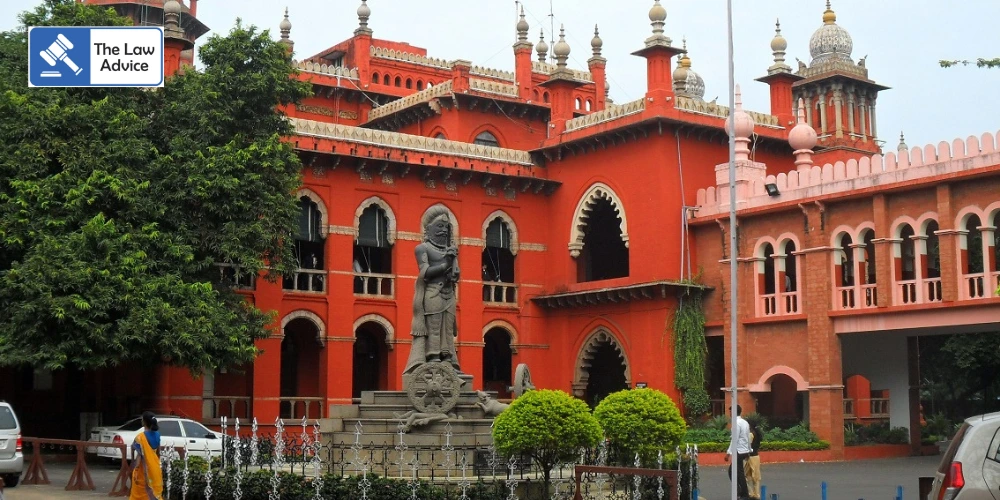
The Madras High Court has held that once a document is presented for registration, the presenter cannot seek its return to evade payment of deficit stamp duty as determined by the registering authority or the Collector.
A Division Bench comprising Justice S.M. Subramaniam and Justice Mohammed Shaffiq observed that under the Indian Stamp Act and the Registration Rules, a document presented for registration must first be examined for the adequacy of stamp duty. If found insufficiently stamped, the Registering Authority is obligated to impound the document and forward it to the Collector for determination of the correct stamp duty.
The Bench emphasized that once a document is executed and presented for registration, the process of verifying and recovering the correct stamp duty is statutorily mandated. Therefore, non-registration cannot be used as a ground to seek return of the document and avoid duty.
“The statute contemplates that an instrument executed and presented for registration must be scrutinized for correctness of stamp duty paid. Therefore, non-registration of the instrument cannot justify return of the document. Execution of the document itself is sufficient for recovery of deficit stamp duty under the Indian Stamp Act,” the Court stated.
The appeal was filed by Gita Power and Infrastructure Private Limited, which had presented an assignment agreement for registration on July 29, 2021. The Sub-Registrar referred it to the District Registrar (Administration), noting a deficiency in stamp duty.
After realizing the stamp duty payable was high, the company sought to withdraw the document and applied for its return. However, the Registering Authority rejected the request and impounded the document to recover the duty.
The company’s writ petition against the impounding was dismissed, prompting this appeal before the Division Bench.
Arguments & Court’s Findings
• The Appellant contended that since the document was never registered, the authorities had no power to demand stamp duty, especially as the company no longer intended to act on the agreement.
• The Special Government Pleader countered that once a document is presented for registration, the authority must verify and recover any deficit duty, as per the statutory framework.
The Court agreed with the State, citing Sections 33(1)(a), 38(2), 40, 42, and 48 of the Indian Stamp Act, read with Rule 107 of the Registration Rules. It clarified that the option to withdraw the document arises only after the Collector has determined and recovered the appropriate duty.
Holding that execution and presentation of the document is sufficient for recovery of deficient stamp duty, the Bench found no infirmity in the Single Judge’s order and dismissed the appeal.
Case Title: Gita Power and Infrastructure Private Limited v. The Inspector General of Registration and Others
Website designed, developed and maintained by webexy